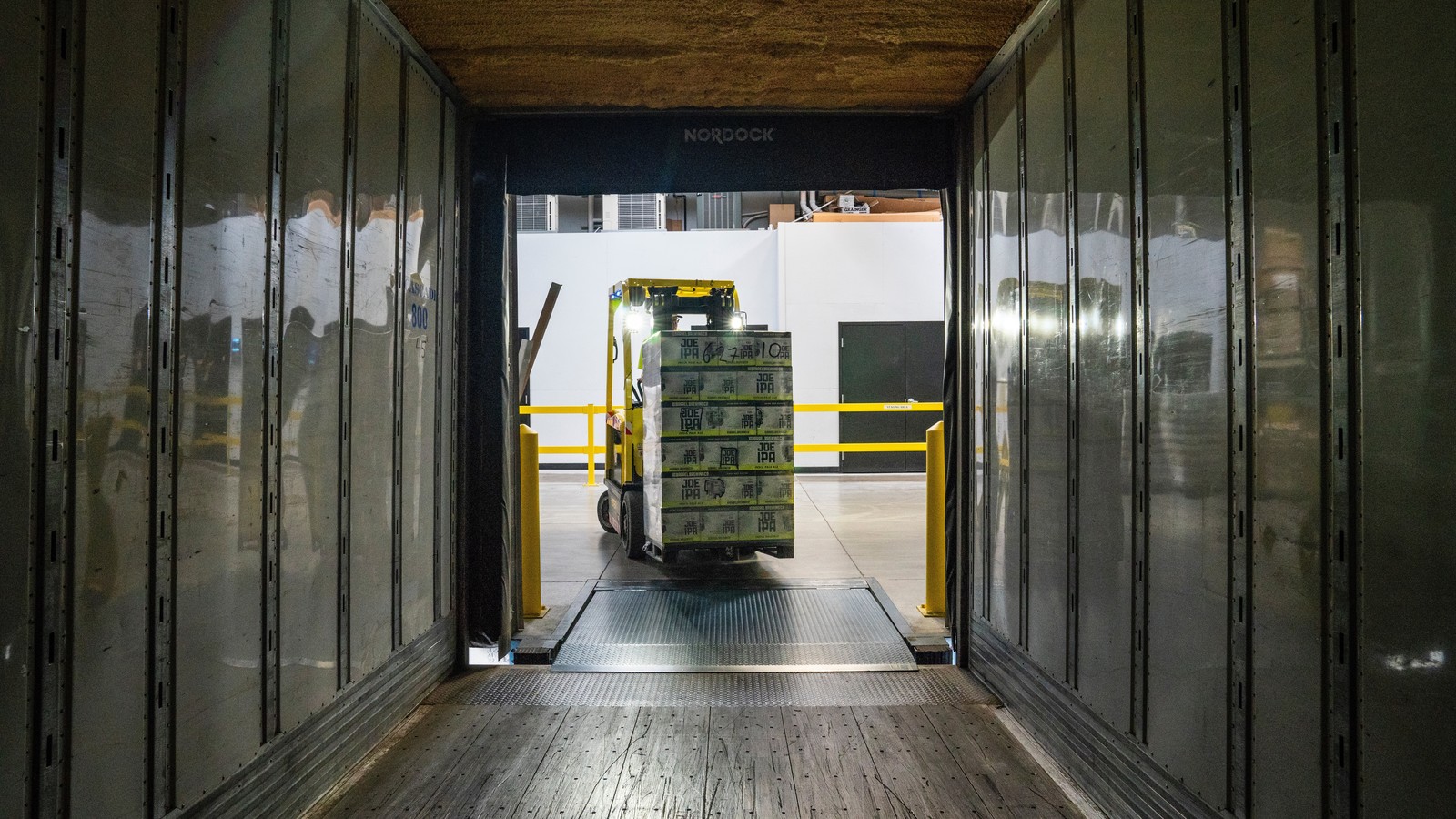Harsha Rathnayake moved to the UK to study in 2004 as a 19-year-old. When he arrived he knew very little English and had no friends or family here.
Today he is the CEO of Junk Hunters, a company that he started in 2009 with £150 which now has a fleet of 12 vehicles, employs 20 staff and has an annual turnover of £2million. If there was ever living proof that hard work and a positive attitude pays off, then Harsha is it.
Can you tell us what Junk Hunters does in a few words?
We offer on-demand rubbish collection, sending a truck and a two-person team to people’s houses or offices to collect rubbish too big for their regular bin which we then recycle or dispose of responsibly.
Could you tell us a bit about your background?
I come from Kandy in Sri Lanka and arrived here in 2004 to study engineering at Kingston University. It was a big challenge and I had no idea what to expect but I thought ‘let’s go for it’. I didn’t know anyone here and I couldn’t speak or write English well. I struggled to take class notes and borrowed notes from friends to copy up.
When did you know that you wanted to set up your own business and how did you come up with the idea?
While I was studying I took a module called Business Applications in Engineering. It was my favourite subject and I found it really interesting. I wanted to know more about business and decided that’s the route I wanted to take.
My father had passed away and my mother had helped me out a bit with the course fees initially but I had a part-time job working for a recycling company to cover my living costs and to continue onto do my Masters in Engineering and then an MBA. At the same time that I was graduating the recycling company closed down and they didn’t have the money to pay me my final wages of £1,200. The manager offered me an old transit truck instead worth about £700, which I accepted. At that moment I decided I would set up a junk collection business. My friends and family thought I was crazy to have three degrees and be driving a rubbish truck!

What social mobility barriers did you have to overcome to set up the business?
The main ones were language and finance as an immigrant. I only spoke a few words when I arrived in the country and sometimes struggled over the phone with other accents. Sometimes I’d have to ask two or three times for people to repeat themselves and they’d hang up.
I had about £150 in savings for the business and went to three banks to ask for a start-up loan but was unable to get one as I had no credit history.
How did you overcome these barriers?
I studied English as much as I could and watched YouTube videos to learn. Financially, I considered what options I had. If there is something I wanted to do, I wouldn’t be held back by the fact that I didn’t have money.











